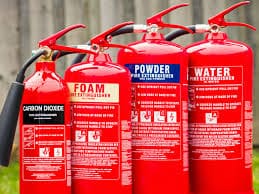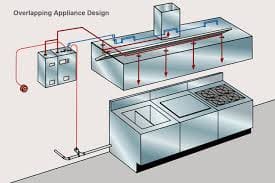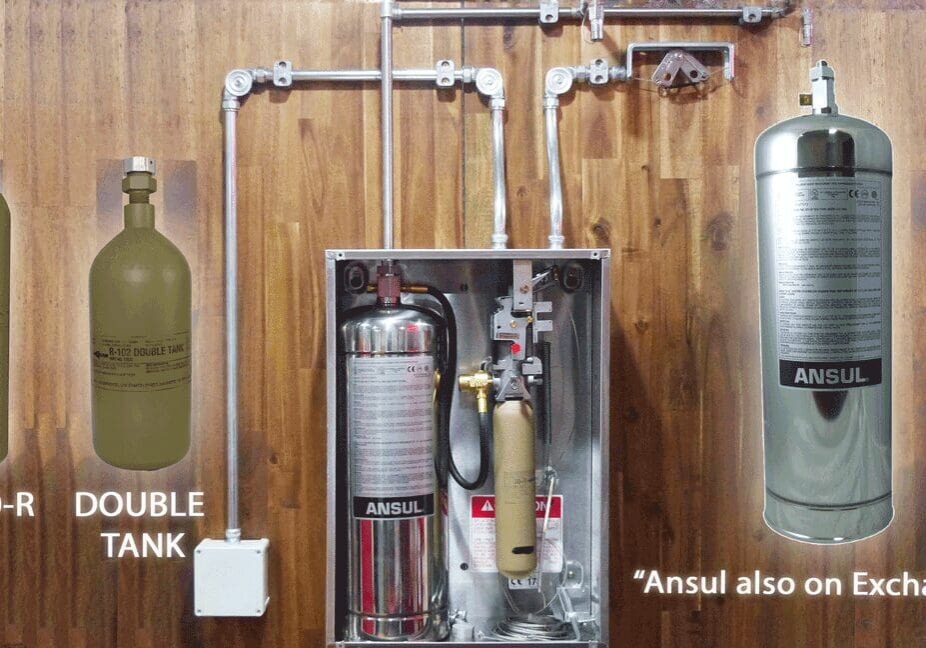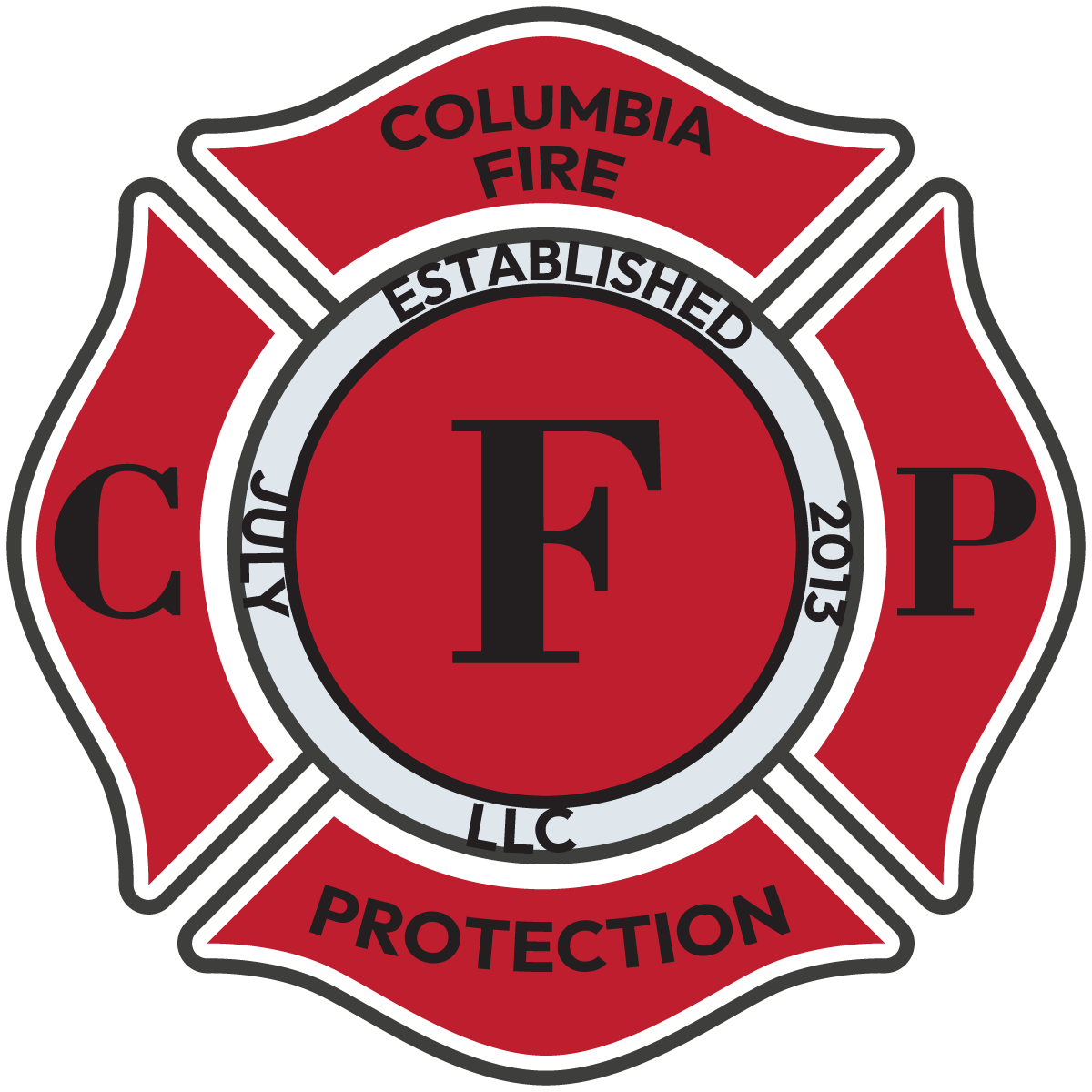Fire Suppression
Systems Installation
Fires are more likely to occur in a restaurant than nearly any other kind of business. With continual exposure to high heat, fires can break out for a variety of reasons. Regardless of why a fire starts out, what is important is suppressing the fire as quickly as possible.
Water is typically is not an option, as grease fires spread with the inclusion of water, while FIRE extinguishers may UNNECESSARILY ruin all the food and produce inside the kitchen.
Restaurant fire suppression systems offer a unique way of putting out a fire quickly and efficiently. That is why it is so important to maintain your suppression system on a regular basis. An out-of-compliance system will not help when your kitchen catches fire!
Commercial Hood Cleaning Fire Suppression Systems Services are available in Richland, Pasco, Kennewick and surrounding areas.
Columbia Fire Protection works with the Fire Department to keep you in compliance with Fire Codes and TEGRIS.
● Kitchen fire Suppression Systems - Installation & Modification
● Hydrostatic testing
● Fire Extinguisher Inspection and Certification
Kitchen fire suppression Systems: Kitchens are always at risk for potential grease fires.
The National Fire Protection Association's (NFPA) 96 standard requires commercial kitchens to have fire suppression systems for grease removal devices, exhaust duct systems, hood exhaust plenums, and cooking equipment that produces grease-laden vapors. The standard also includes guidelines for system maintenance and use.


Regular Fire Suppression System Maintenance Keeps your business in compliance with local and state fire protection codes.
Columbia fire protection conducts kitchen fire suppression system inspections. We will certify your fire suppression system is operational and in good working order. If deficiencies are noted we will Inform you of any repairs or modifications necessary. Compliance reports are then submitted by CFP to your local AHJ.
Hydrostatic testing:
Over time the conditions in which cylinders are housed and the manner in which they are handled affect their structural integrity and can lead to the suppression cylinder malfunctioning.
A hydrostatic test is utilized to test the integrity of pressure vessels. Testing helps ensure the compliance and effectiveness of the suppression system. Cylinder hydrostatic testing is required 12 years from the manufacturer date and every 7 years thereafter.

Fire extinguisher maintenance:
Business owners are responsible for ensuring portable fire extinguishers on their property are routinely inspected. CFP will verify the appropriate location of extinguishers, examine the extinguisher for corrosion, dents And other damage such as leaks. We check the locking pin is properly secured and the extinguisher is adequately charged. We will issue a dated certification or provide you with our recommendations so you can remain in compliance.
